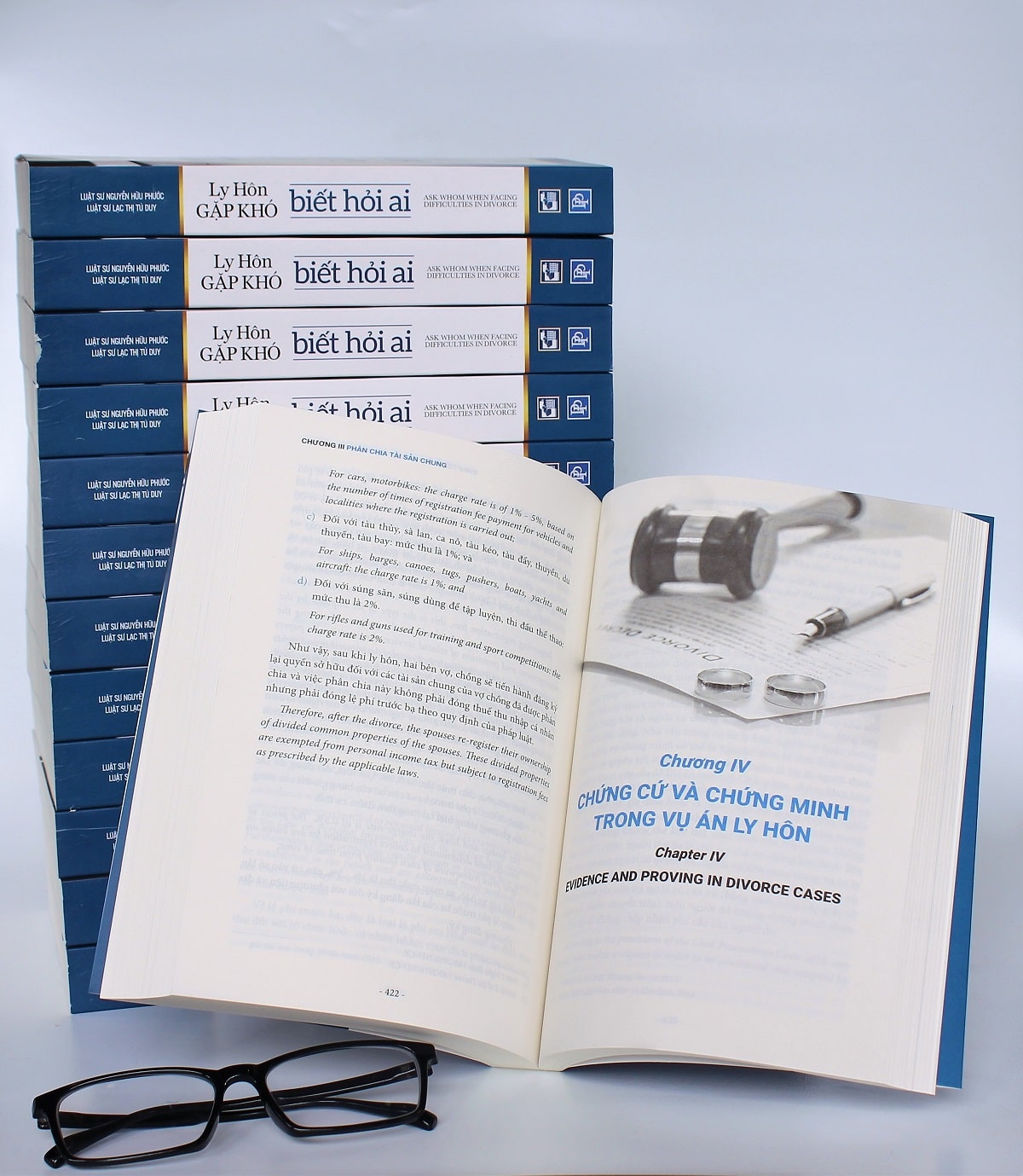According to applicable laws, requesting agencies, organisations or individuals holding or managing documents or evidence to provide such documents or evidence to the litigants is one of their basic rights[2]. As such, any spouse who is the plaintiff in a divorce case has the right to request agencies, organisations or individuals, or even the defendant who are holding, or managing documents and evidence, to provide such documents and evidence to him or her. In these circumstances, the plaintiff must prepare a written request for providing evidence. This request must clearly state the documents and evidence which need to be provided. The reason for providing them as well as full name and address of the individual, agency or organisation managing and holding the required documents and evidence. The person who is keeing documents and evidence shall provide evidence to the plaintiff within 15 days after the receipt of request, if not, he or she must reply in writing clearly stating the reason.
However, in fact, there are many circumstances where persons managing documents and evidence do not provide evidence at the request of the plaintiff. They only need to refer to a certain reason that the plaintiff could not testify for not providing evidence or they do not answer. Therefore, in the above circumstances, the law gives the plaintiff and the litigants the right to protect themselves by requesting the Court to collect documents and evidence. Accordingly, when the plaintiff who has taken necessary measures to collect documents and evidence still fails to gather them by himself or herself, he or she may request the Court to issue a decision requesting agencies, organisations, or individuals keeping and managing such documents and evidence to provide the same, or may request the Court to collect data and evidence in order to ensure proper resolution of the civil case[4].
Note:
The condition for exercising this right is that the plaintiff must prove that
he or she has taken necessary measures but still has not
acquired the evidence. Therefore, the plaintiff must submit a request to the Court to collect
the necessary
evidence and documents. The Court shall issue
a decision requesting evidence when the plaintiff’s petition is grounded. At that
moment, the agencies, organisations, and individuals are required to provide
evidence to the Court within 15 days from the date of receipt of the decision.
If the requested evidence and documents cannot be provided without
plausible justifications, then depending on the nature and
seriousness of the breach, such agencies, organisations, and individuals shall
be subjected to administrative penalties or prosecution for criminal
liability on the ground of acts of obstructing the proceedings.
[2] Article 70.6 of the Civil Proceedings Code 2015.
[4] Article 106.2 of the Civil Proceedings Code 2015.
If you would like more information on how we can assist you with divorce issues, please contact us at: +84 (28) 36223522 or email us at info@phuoc-partner.com

